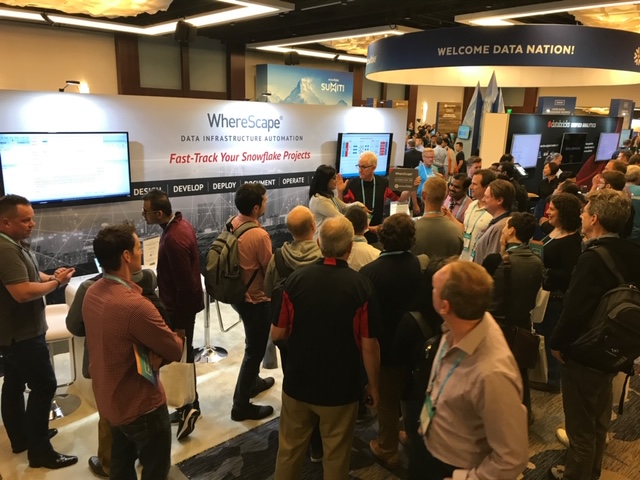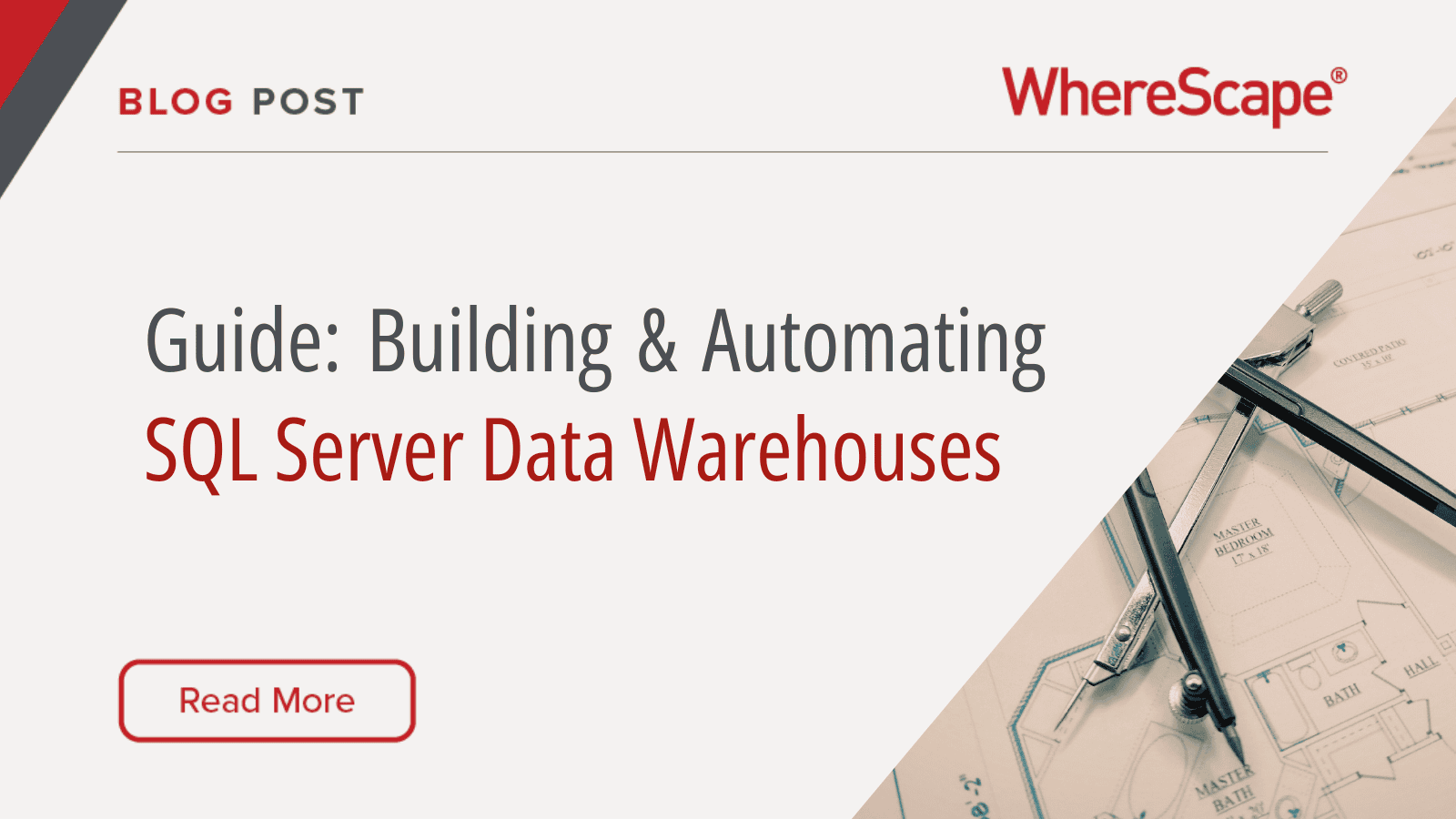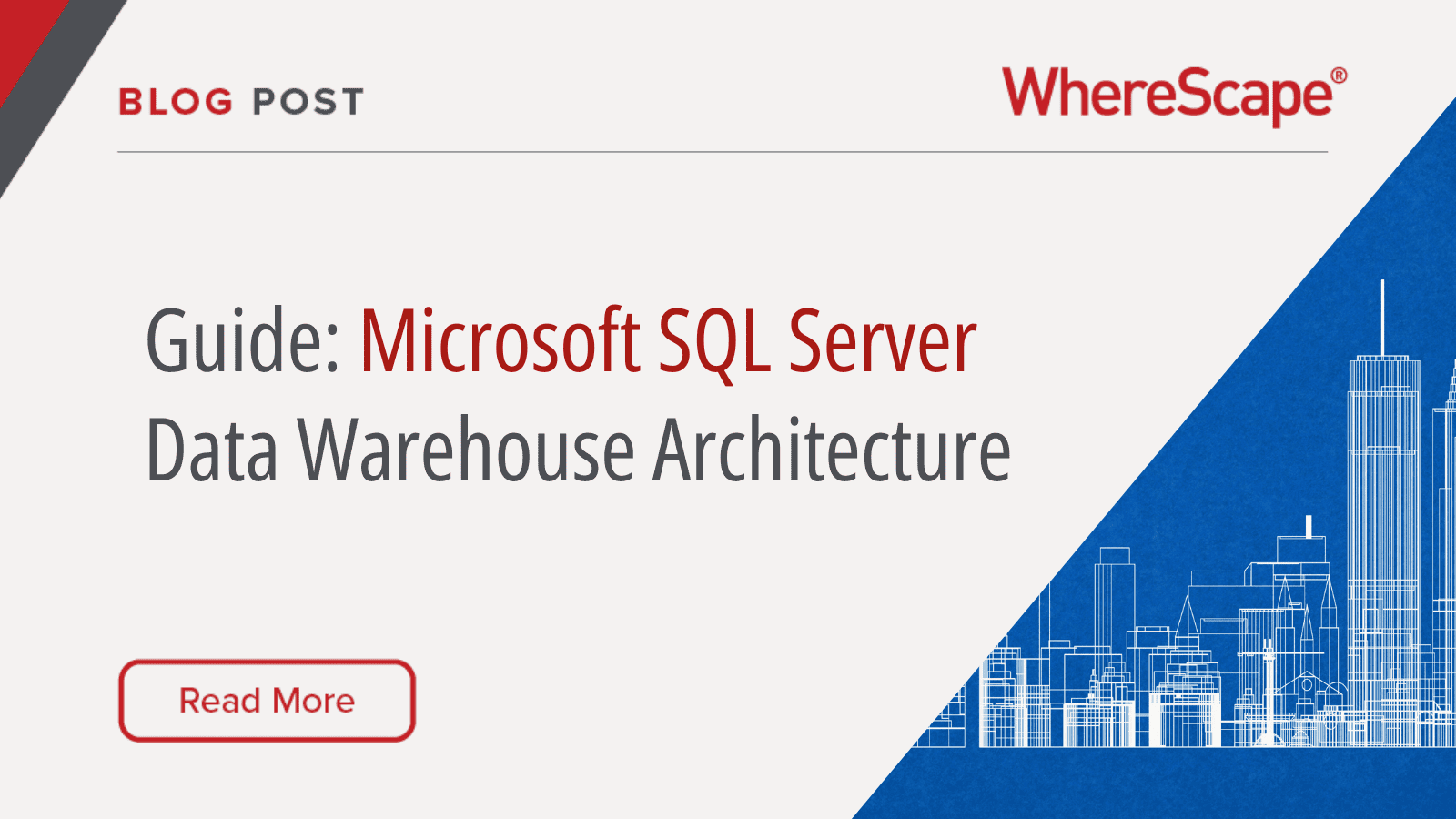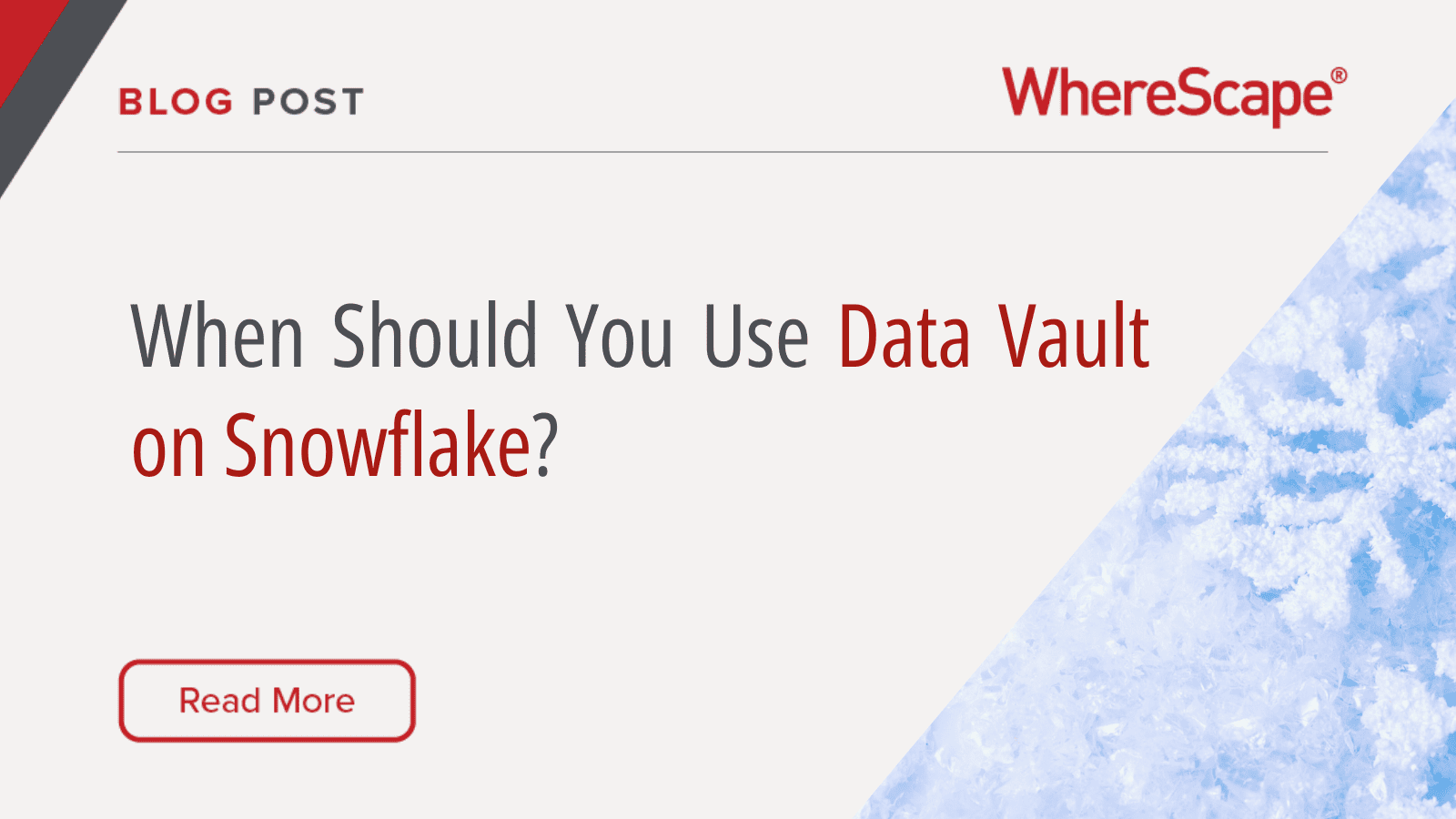For those of us who’ve been in the IT industry a while, conferences like Oracle Open World or Dreamforce have acquired almost mythical status; huge jamborees celebrating the successes of Oracle and Salesforce, the ecosystems that surround them, and the results they are helping customers to achieve. What must it have been like, though, to have attended the first versions of these events? Probably a lot like my experience at Snowflake Summit, Snowflake’s inaugural customer conference, this month in San Francisco. The event was a sell out with 2000 attendees enthusiastically cheering new CEO Frank Slootman as he proclaimed “Snow is Magical” in his keynote. And with Snowflake adding 300 – 400 new customers each quarter according to Slootman, and an expected 5000 attendees at next year’s event in Las Vegas, all signs point to this industry snowball continuing to accelerate and grow.
So, what is driving the ‘Magic’? One obvious answer lies in the fact that the appetite for cloud data warehouses is fast overtaking the more traditional hosted data warehouse offerings. But why is Snowflake, as a cloud data warehousing provider, specifically doing quite so well? From my experience at Snowflake Summit, I would say it is primarily these two things it offers customers – Innovation and Speed to Market.
Let’s look at Innovation first. Snowflake Summit provided more validation for Snowflake customers that their selection of Snowflake to move their organizations forward was a sound one because the innovation announcements came thick and fast. Announcements included multi-cloud support inclusive of AWS, Azure and now Google Cloud; continuous data pipeline enhancements such as new Tasks and Streams capabilities; and data sharing and data exchange additions. In short, Snowflake demonstrated to its customers that it will absolutely not stand still in data warehouse modernization and innovation.
In terms of Speed to Market, Snowflake customers have a common need, and desire, to capitalize on all Snowflake and its partners have to offer to help them advance as quickly as possible. They are driven by their business’ hunger for better, more inclusive and faster data to drive quicker, smarter decisions. And by IT’s need to more easily stand up the data architecture and infrastructure necessary to feed it — with less staff, less risk and less cost. Time to market – and therefore Time to Value – within the organization is key.
Fortunately, during Snowflake Summit, I was able to spend time at the WhereScape booth chatting one-on-one with a number of Snowflake customers. Those conversations have led me to these conclusions. But they’ve also re-enforced for me how an investment in Snowflake, and in WhereScape automation, can broaden the ability for data warehousing teams to better serve their organizations, and their own customers beyond, through data. And for those Snowflake customers who have already adopted WhereScape® automation for Snowflake, they are achieving those desired results quicker. (You can read more about one such customer, Aptus Health, here).
In conclusion, I came away from Snowflake Summit believing two things. First, that partnering with Snowflake is a natural fit for WhereScape. We are two like-minded organizations whose goals simply are to move our customers’ businesses forward through data. Seeing what we have accomplished together in these last two years through the lens of our customers’ accomplishments, and backed by our offerings, is extremely gratifying. Our partnership continues to grow more powerful with each new customer we enable to leverage cloud data warehousing, and with the ability to do it faster through automation. And second, that Snowflake Summit is set to grow and grow, and grow. It won’t be many years before the event’s hashtag #letitsnow will be trending on Twitter and the conference will be mentioned in the same breath as Oracle Open World and Dreamforce. For Snowflake and the data-driven organizations that adopt it, snow really is Magical.



